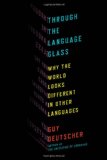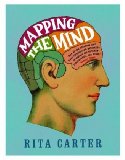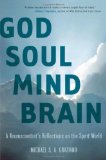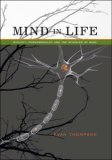new book – ‘Through the Language Glass: Why the World Looks Different in Other Languages’
August 31, 2010

Through the Language Glass: Why the World Looks Different in Other Languages by Guy Deutscher (Metropolitan Books, 2010)
Product description from the publisher:
A masterpiece of linguistics scholarship, at once erudite and entertaining, confronts the thorny question of how—and whether—culture shapes language and language, culture
Linguistics has long shied away from claiming any link between a language and the culture of its speakers: too much simplistic (even bigoted) chatter about the romance of Italian and the goose-stepping orderliness of German has made serious thinkers wary of the entire subject. But now, acclaimed linguist Guy Deutscher has dared to reopen the issue. Can culture influence language—and vice versa? Can different languages lead their speakers to different thoughts? Could our experience of the world depend on whether our language has a word for “blue”?
Challenging the consensus that the fundaments of language are hard-wired in our genes and thus universal, Deutscher argues that the answer to all these questions is—yes. In thrilling fashion, he takes us from Homer to Darwin, from Yale to the Amazon, from how to name the rainbow to why Russian water—a “she”—becomes a “he” once you dip a tea bag into her, demonstrating that language does in fact reflect culture in ways that are anything but trivial. Audacious, delightful, and field-changing, Through the Language Glass is a classic of intellectual discovery.
See also: recent New York Times article based on this book, Neuroanthropology.net response to NY Times article, Guy Deutscher’s website







